The Forum for Improvised Music (FIM) in Frankfurt am Main since 1993.
Frankfurt boasts a rich history of improvised music. Starting with the German Jazz Festival in the 70s and various evenings at the Jazzkeller, through Heiner Goebbels’ „Materialausgaben“ (Material Editions), various events curated by Rüdiger Carl at the Portikus, to the FIM of the 90s and performances with Alfred Harth, as well as the festivals at the Mousonturm by Augst, Korn, and Carl—there has been a continuous series of events for this music.
The F.I.M. (Forum for Improvised Music) was initiated in 1993 by Alfred 23 Harth and Christof Korn. The musicians‘ initiative, supported by approximately 30-40 musicians, was active until around 1998, featuring regular sessions, festivals, and its own improvising orchestra. After that, small ensembles of individual musicians continued to exist. However, the scene had largely dissolved by the turn of the millennium.
After a long period of stagnation, in 2014, Christof Krause and Jürgen Werner, who had been active in the FIM of the 90s as audience members and musicians, took the initiative to once again provide a platform for experimentation and free improvisation in the city. Since the scene of musicians from the FIM period was no longer present, the F.I.M. was established in a modified form as an event/concert format.
With support from the City Cultural Office and later the State of Hesse, „Open Stages“ have been organized since 2016, often featuring high-caliber opener ensembles. Formats such as „Formationen+“ and „Raumbespielungen“ (Spatial Performances) were successively added. The F.I.M., founded in the tradition of Free Jazz, now integrates diverse forms of free improvisation, such as New Improvised Music, electronic music, boundary areas of New Music, and improvised dance.
The F.I.M. sees itself as a driving force for improvised music in Frankfurt and aims to continue offering a stage for „free“ musical expression to interested musicians in the city and the region in the future.
Regarding the FIM’s history, Jürgen Schwab writes in „Der Frankfurt Sound“ (published 2004, Societätsverlag, ISBN 3-7973-0888-4):
„At the beginning of the 1990s, musicians, primarily interested in free improvised music, joined forces in many German cities. They were less oriented towards what could already be called the classic Free Jazz of the time, and instead attempted to create an avant-garde music without prerequisites, often starting from scratch with arbitrary ‚found objects‘ (Fundstücken).
Occasionally, their attitude, which was not unlike punk, led to an ‚extremely nourishing music,‘ but just as often it led to boredom and triviality—at least for the critical listener. Some musicians were inspired by the openness and spirit of experimentation prevalent in this scene to pursue interesting projects.
Alfred Harth and the guitarist and composer Christoph Korn founded the FIM in Frankfurt in 1993. This ‚forum improvisierender musiker‘ (forum of improvising musicians) invited people to monthly sessions in the old Gallus Theater, cooperated with like-minded initiatives and musicians from other cities, and organized annual festivals which also featured high-profile avant-gardists such as Charles Gayle, Derek Bailey, or Peter Brötzmann. Further activities included three multi-day open-air events called ‚Jazzferien‘ (Jazz Holidays) and the founding of the print-on-demand internet label recout. Their own FIM Orchestra was established, led by Rüdiger Carl.
The German Free Jazz pioneer has lived in Frankfurt since the beginning of the 1980s, where he initially became active with avant-garde concerts in the Portikus exhibition hall. In the FIM, he found a local scene of like-minded avant-gardists, where about 30 musicians congregated.
These included, for example, the bass clarinetist and zither player Burkard Kunkel, the clarinetist Wolfgang Reimers, the drummer Bertram Ritter, the voice and performance artist Oliver Augst, the electronics tinkerer Peter Fey, and Alfred Harth. Musicians from the classical jazz camp were also interested in the FIM’s experiments. Heinz Sauer cooperated in various projects and met the very young Bertram Ritter here, whom he recruited as a drummer for his quartet. The ‚pol‘ festival, founded in 2000 and curated by Carl, Korn, and Augst, also emerged from this scene and created cross-connections between the ‚important cultural microsystems of the 90s,‘ which Alfred Harth describes as follows: ‚free improvised music, electro-acoustic scene, clicks & cuts, theatre music, art and galleries, members of the Ensemble Modern, the HR Big Band, the vital live scene in the Dreikönigskeller.‘ Towards the end of the 1990s, the activities of the association, which had been reinterpreted in the meantime as ‚frankfurts indeterminables musiqwesen‘ (Frankfurt’s Indeterminable Music Entity), faded away, though one hears that it is ‚under electronic auspices‘ active again or still active in a reduced formation.“
